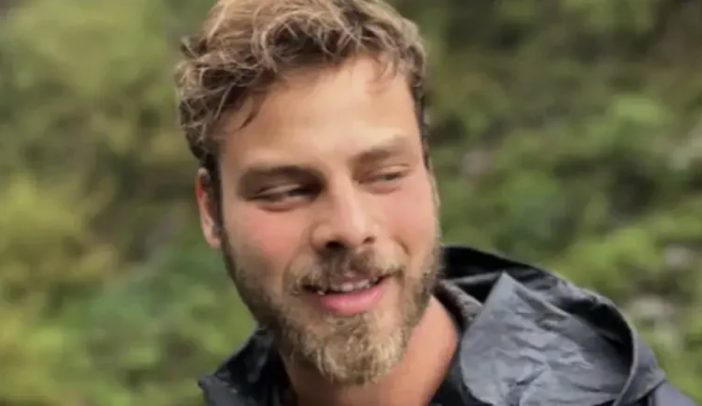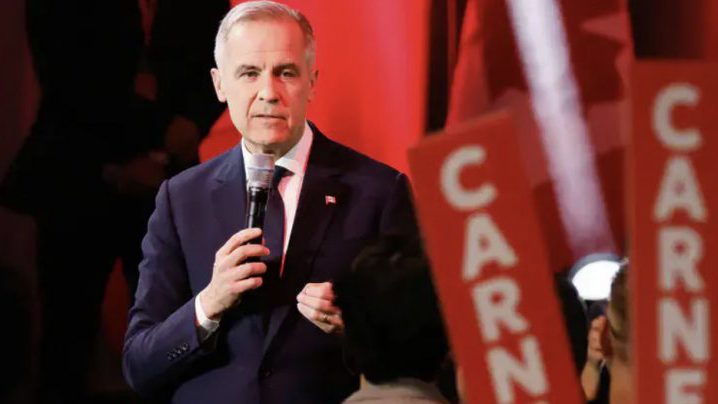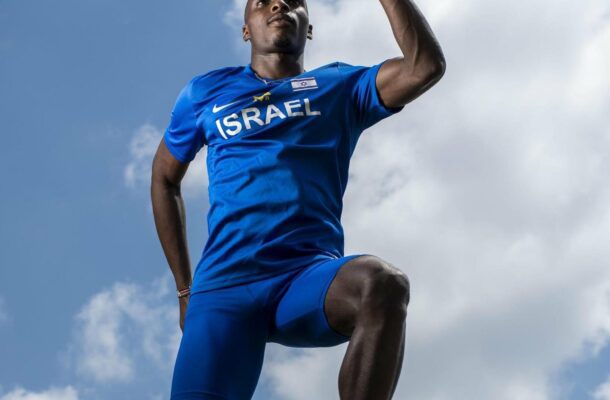Survivor of Hamas captivity Eliya Cohen revealed for the first time that Raz Bokovza jumped from the terrorists’ pickup truck and was shot dead.
In a rare and haunting testimony, captivity survivor Eliya Cohen shared the terrifying moments from the murder of Raz Bokovza, who was abducted from the Supernova Music Festival on October 7th, 2023.
In an interview on Tuesday with Channel 12, Cohen related that Raz, who was one of the five hostages on the back of the terrorists’ pickup truck, jumped in an attempt to flee and was shot dead.
“I remember that he said: ‘I’m jumping.’ I tried to convince him not to, but he jumped while the truck was in motion. The terrorists stopped him and shot him dead. We went on as if nothing happened,” Cohen recounted.
Raz’s family responded to the report on Wednesday. “Eliya was with Raz in the last five minutes of his life, but for us, it’s the whole world,” his brother Ofek told Ynet. He said that the family was exposed on the day of the massacre to footage that was filmed on a dashcam showing the murder near the missile shelter on Route 232.
Ofek added that the family would like to hear more details from Eliya and captivity survivor Or Levy, who was also next to Raz on the pickup truck. “There were five in the vehicle, only four made it to Gaza. Two of them returned from captivity. Any additional detail about Raz’s last moments is very important to us.”
In the interview, Eliya Cohen recalled the horrific events of October 7, when he and other people who fled the Nova Music Festival sought shelter in what later became known as the “Death Shelter.”
“We heard pickup trucks stopping—many pickup trucks—and shouting in Arabic. They threw the first grenade. Someone screamed, ‘Grenade!’ I jumped on Ziv, shielding her with my body. The first words that came out of my mouth were, ‘Ziv, I love you.’ The grenade exploded, killing everyone at the entrance. Ziv responded, ‘Eliya, I love you too.'”
He then witnessed Aner Shapira rising up and throwing grenades back at the terrorists. “Another grenade was thrown. He caught it and threw it back. I saw it with my own eyes. Everyone understood what he was doing. At some point, Aner was holding a grenade when they managed to shoot him. He fell to the ground, and the grenade exploded with him. That was the moment I said to myself, ‘I can’t believe this.’ The guy who was protecting us was gone.”
At a certain point, Cohen was shot in the leg. He recited the Shema Yisrael prayer, opened his eyes, and saw three terrorists. “They were holding phones with flashlights, filming us, grinning madly. I will never forget those smiles. I go to sleep with that smile haunting me. I live with it. That was the smile of my kidnapping.” In Gaza, Cohen underwent surgery without anesthesia to remove the bullet from his leg. “No painkillers. Just a rag stuffed in my mouth. They told me, ‘You can’t scream. If the civilians outside hear you, they’ll storm in, and I won’t be able to protect you.'”
In the tunnels, he met other hostages and was subjected to Hamas’ psychological warfare. The terrorists abused them, sometimes stripped them, chained their legs, humiliated them, and, most of all, starved them. “You find yourself begging—and they enjoy it. They know they’re starving you.”
During his captivity, Cohen believed that his girlfriend, Ziv, had been killed in the shelter. “In my heart, I never imagined she had survived. At first, it was unbearable—the realization that I had lost my girlfriend. We’ve been living together since the day we met.”
Upon his return, Cohen learned that Ziv was alive. “As soon as we got off the ambulance, someone came up to me and said, ‘Welcome back to Israel.’ I looked at her and thought, ‘She’s about to tell me the news.’ Then she said, ‘Your parents are waiting for you at Kibbutz Re’im.’ And then she added, ‘And Ziv.'”





